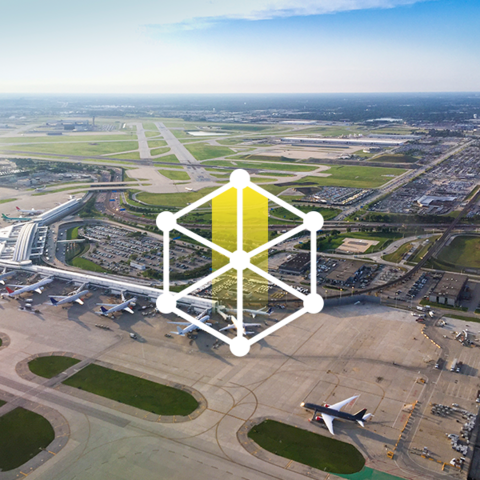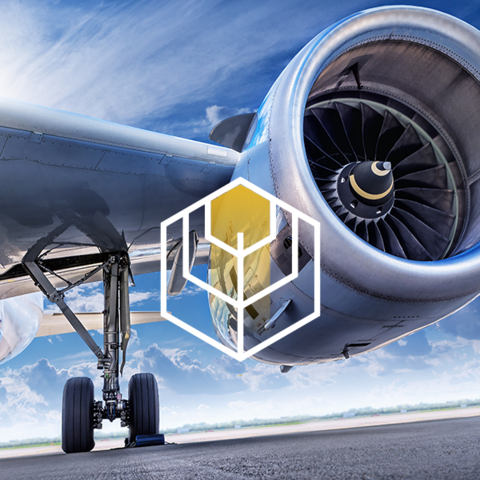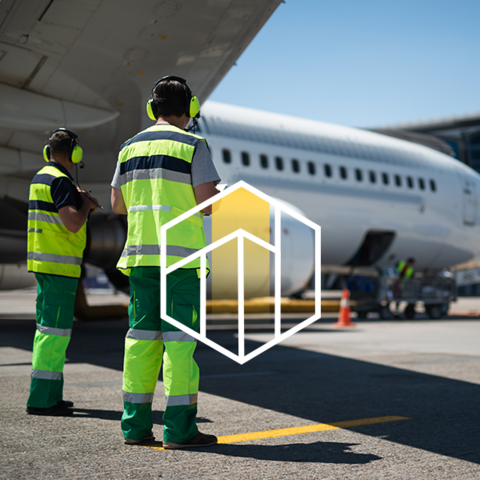Sustainable aeronautics tackles complex challenges that transcend disciplines, sectors, and nations. Developing innovative solutions requires global collaboration between industry, government, and academia.
WISA’s work is rooted in partnerships with interdisciplinary researchers, organizations, and government agencies from around the world. Rather than approaching sustainability challenges from the air transport sector alone, we bring together researchers from all six faculties at the University of Waterloo and global partners in diverse areas.
Together, we combine our strengths and expertise to identify priorities, catalyze research, and develop evidence-based solutions.
Addressing all three pillars of sustainability – social, environmental, and economic – our work includes research and innovation in the following three areas.

Social Sustainability
Aeronautics connects our global society, facilitating cultural exchange and innovation. A sustainable future depends on building equitable, diverse, and inclusive workforces, communities, and global experiences. To advance this pillar, WISA supports research into these topics and more:
- Future of the aviation profession
- Human factors
- Flight physiology
- Machine learning
- Educational technologies
- Equity, diversity, and inclusion
- Sustainable tourism
- Smart cities
- Healthy communities

Environmental Sustainability
Dependence on liquid fuel and increasing global demand make aeronautics a significant environmental concern. A sustainable air transport sector is one that dramatically reduces the negative environmental impacts of aviation. Research in support of WISA’s environmental pillar focuses on topics such as the following:
- Sustainable fuels
- Direct flight paths
- Modern airframes
- New engine technologies
- Impact of emissions at altitude and ground (near airport)
- Impact of ground emissions on vulnerable near-airport communities
- Sustainable operational planning and practices

Economic Sustainability
Our global economy relies on millions of jobs in the aviation industry, as well as access to efficient, affordable, and equitable air transport of goods and people. To be sustainable, aviation infrastructure must support the long-term economic growth of the sector. WISA’s economic pillar advances research in these areas and more:
- Remotely piloted aircraft technology
- Electric vertical takeoff-and-landing (e-VTOL) aircraft
- Automation
- Artificial intelligence
- Cybersecurity
- Optimization of airport equipment, crew, and airspace capacity